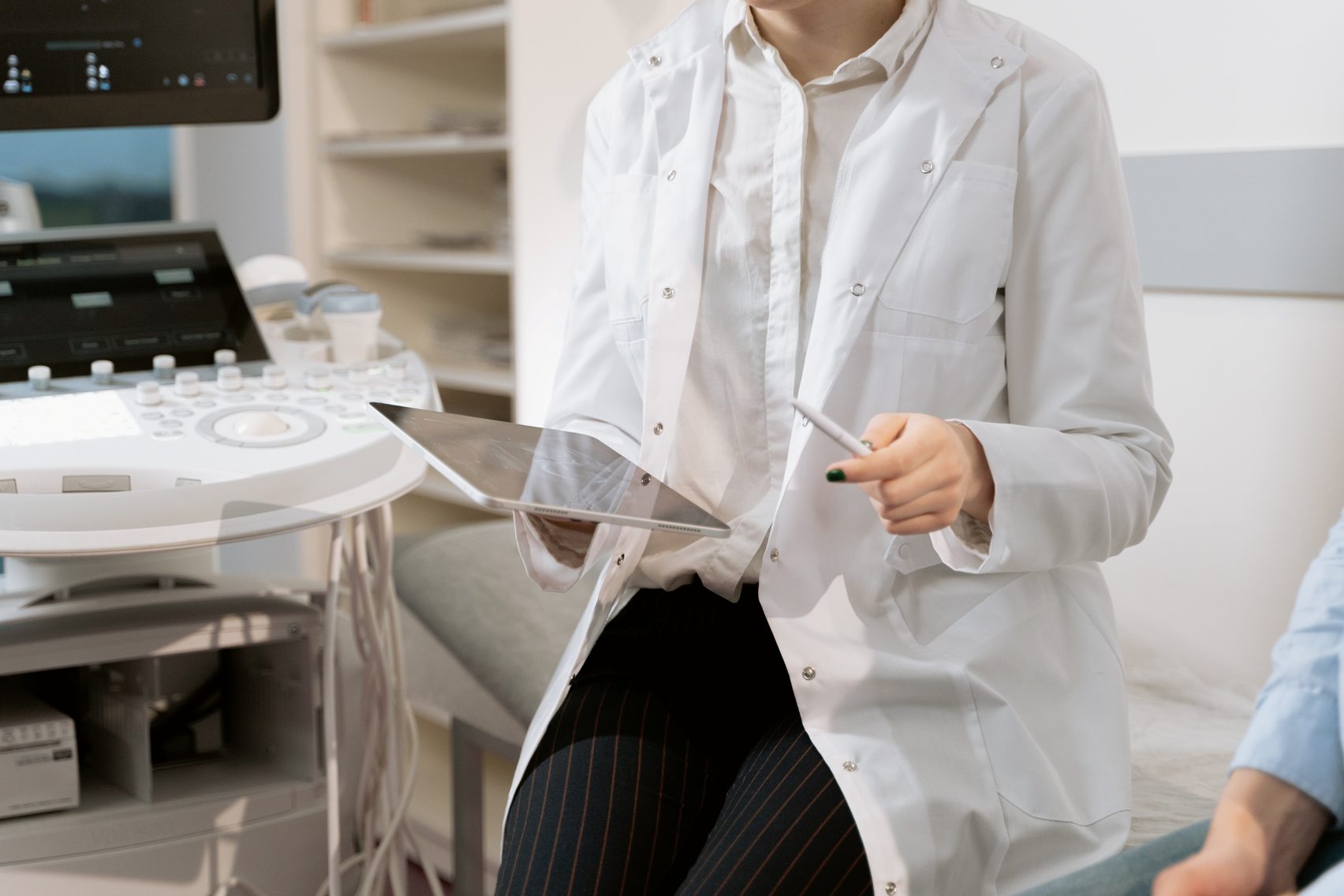
How do hormonal IUDs affect breast cancer risk? — IUD Options in the Costa del Sol
27/12/2024One often used and handy method of contraception is intrauterine devices (IUDs). Selected by over 17% of women who use contraception, IUDs rank third most often used method of birth control worldwide. IUD options in both hormonal and non-hormonal variants give women options that fit their particular requirements and preferences. But new studies have pointed up a possible connection between hormonal IUDs and a higher risk of breast cancer, which calls for more study and careful thought. Here, we talk about these studies as well as our IUD Options in the Costa del Sol.
Types of IUDs: Hormonal vs. Non-Hormonal
There are two main types of IUDs:
- Copper IUDs: Copper IUDs provide a hostile environment for sperm, thereby preventing fertilisation and hence not releasing hormones.
- Hormonal IUDs: Hormonal IUDs cause the synthetic hormone progestin—a type of progesterone—into the uterus. This hormone may also lower the frequency of ovulation and thickens cervical mucus, therefore preventing sperm from getting to the egg.
Within the category of hormonal IUDs, some products release a particular kind of synthetic hormone called levonorgestral. Research looking at the possible hazards connected to hormonal contraceptives has now focused on just one hormone.
New Research Linking Hormonal IUDs to Breast Cancer
Hormonal IUDs that emit levonorgestral and breast cancer risk were investigated recently in Denmark. Between the years 2000 and 2019, the study examined data from over 78,000 first-time users of levonorgestral-releasing intrauterine devices (LNG-IUS) ranging in age from 15 to 49. These volunteers were matched with a comparable collection of women who did not use hormonal IUDs.
Key Findings:
- Increased Breast Cancer Cases: Rising numbers of breast cancer cases compared to non-users, researchers discovered that 14 more incidences of breast cancer per 10,000 women used hormonal IUDs.
- Age and Duration Factors: The study tracked participants for an average of 6.8 years, observing that during that time, 1,617 participants were diagnosed with breast cancer — 720 were hormonal IUD users and 897 were not.
- Quantifying Risk: To put these numbers in perspective, the researchers noted that, for every 714 women using a high-dose hormonal IUD for five years, one additional case of breast cancer would likely occur.
Though the risk rises somewhat little, the results provide a better knowledge of the hazards related to hormonal IUDs. Given additional considerations, many women find that the advantages of IUDs as a consistent type of contraception exceed any possible hazards.
How Hormonal IUDs Compare to Contraceptive Pills
IUDs and combined oral contraceptives are among the hormonal contraceptives that have been reported to somewhat raise breast cancer risk. Numerous studies have shown this link not only with IUDs but also with birth control pills. Hormonal contraception has also been linked, meanwhile, to a lower risk of various cancers including endometrial and ovarian cancer.
Although this little rise in breast cancer risk could be alarming, keep in mind that:
- Hormonal contraception has been linked to a rather higher diagnosis rate for breast cancer but has not been demonstrated to influence mortality.
- Choosing contraception should take family planning objectives and personal health needs into account as well as personal risk factors including family history.
Potential Limitations of the Research
Although the study provides insightful analysis, some limits have to be admitted:
- Not a Randomized Study: Since the study drew on demographic statistics, it was not a randomised controlled experiment. Other unaccounted elements could have affected the outcomes.
- Sample Period and Duration: Although the study comprised a sizable sample, the result could be influenced by other variables including IUD use length. More studies involving different populations will help to confirm these results.
Weighing Risks and Benefits
The modest rise in breast cancer risk linked to hormonal IUDs does not inevitably indicate that IUDs are dangerous. Every type of contraception has advantages and drawbacks; the decision usually rests on personal needs and health issues.
For instance:
- Menstrual-Related Conditions: Certain women use hormonal IUDs to control heavy periods or painful menstruation in addition to its intended use as contraception. In certain situations, an IUD's advantages could exceed the related dangers.
- Frequent screenings: Women who prefer hormonal contraceptives notably should keep following advised breast cancer screening recommendations.
What This Means for Women Considering IUDs
The results of this study confirm the need of customised healthcare. When choosing a birth control method, women should talk to a reputable healthcare professional about their family planning objectives and medical past. Knowing the advantages and possible hazards will enable women to make wise decisions in line with their general priorities for their health.
Helicopteros Sanitarios: IUD Options in Costa del Sol
Helicopteros Sanitarios in Costa del Sol provides a selection of IUDs, both hormonal and non-hormonal, if you are thinking about an IUD and wish to find out more about the choices. Our medical experts are here to assist you in investigating your alternatives, talking about any issues, and guiding you towards a solution best fit for your particular situation and way of life.
Get in touch to find out more about your IUD options in Costa del Sol and how we could help you make wise decisions around your reproductive health.